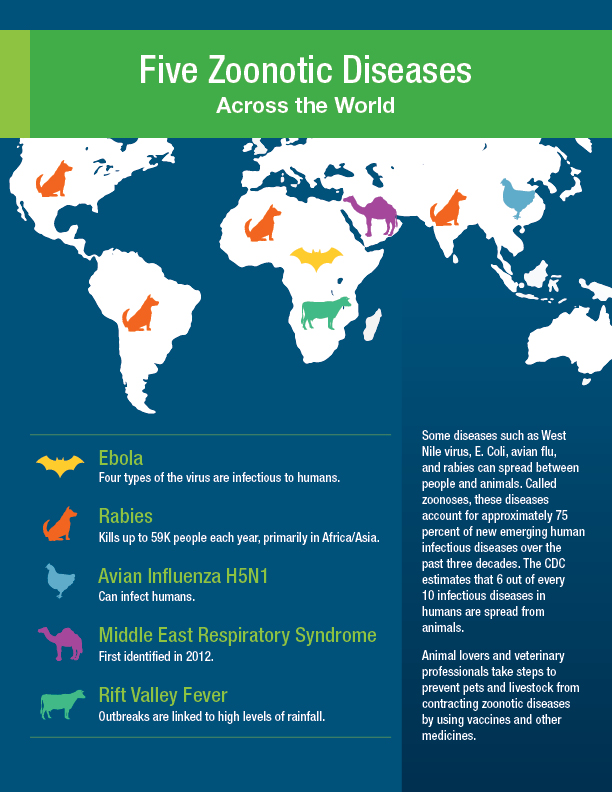Healthy Pets
Pet care is good for people, too
In America, 95% of dog and cat owners view their pets as members of the family. Pet ownership rates continue to rise, with 67% of U.S. households owning pets.
Pet medicines are essential for the care of the nearly 400 million domestic animals across the country. Cutting-edge treatments for illnesses such as arthritis and diabetes are becoming more common. Furthermore, pet lovers can enjoy their companions without the fear of exposure to diseases like rabies or pests like fleas and ticks. These medications make it possible for us to have our pets live with us in our homes and apartments.
Food Safety
Healthier animals means safer food
Animal medicines are a critical link in the food safety chain, representing a necessary tool for farmers and veterinarians to help prevent diseases, treat sick animals, and control outbreaks among livestock and poultry. Keeping food-producing animals healthy also increases the availability and affordability of safe meat and dairy products.
The animal health industry, farmers and ranchers, food producers, and government agencies including USDA and FDA work together to maximize food safety and minimize the impact of a disease outbreak. For example, vaccines reduce the prevalence of harmful foodborne pathogens that spread through contaminated food, like E. coli, campylobacter, and salmonella.
Dr. Julia Gibson/get to know your veterinarian; addresses food animals and veterinarian relationship with farmers re: animal health and food safety (2016)
Zoonotic Diseases
Medicines prevent diseases from moving between people and animals
Some diseases, such as West Nile virus, avian flu, and rabies can spread between people and animals. Called zoonoses, these diseases account for approximately 75 percent of new emerging human infectious diseases over the past three decades. The CDC estimates that 6 out of every 10 infectious diseases in humans are spread from animals.
Animal lovers and medical professionals take steps to prevent pets and livestock from contracting zoonotic diseases by using vaccines and other medicines.


